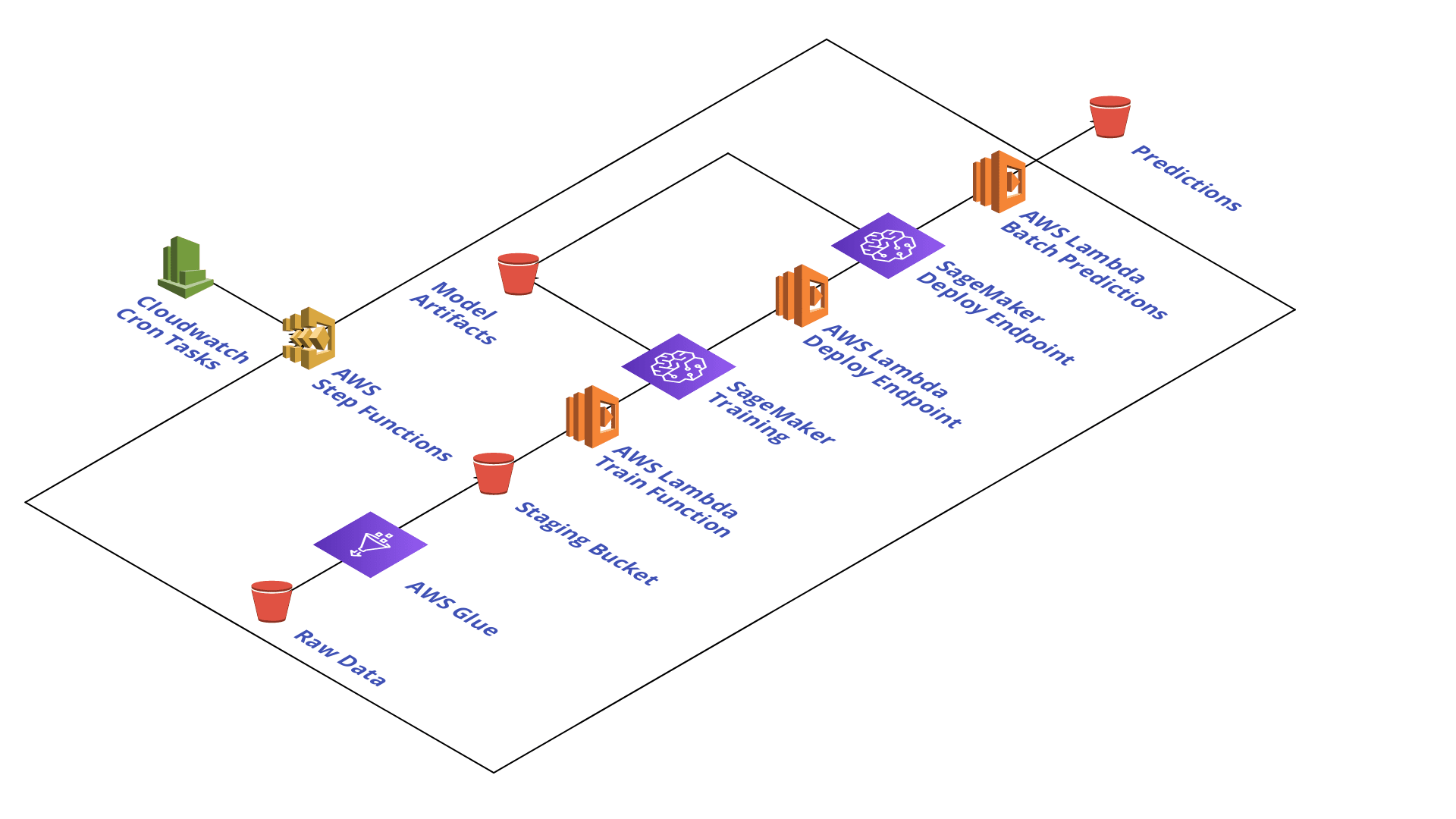SageMaker Workshop
Next generation Amazon SageMaker Workshop
Immersion Day Workshop
Explore the development cycle of machine learning model on AWS
Custom Algorithms and Security
- Using Built-in Algorithms
- Video Game Sales Prediction with XGBoost
- Image Classification with ResNet
- Anomaly Detection with Random Cut Forest
- Parallelized Data Distribution
- Using Custom Algorithms
- Use your own custom algorithms
- Use your own custom containers
- Building Secure Environments
- Lab 1: Deploy the base infrastructure - Best Practice as Code
- Lab 2: Deploy the a secured project team’s resources
- Lab 3: Working Secrely: Deploy an Amazon SageMaker notebook
- Lab 4: Create a training job in line with security policy: Detection and Remediation
- Lab 5: Improve security controls - Preventive Controls
- Using Secure Environments
- Compute and Network Isolation
- Authentication and Authorization
- Artifact Management
- Data Encryption
- Traceability and Auditability
- Explainability and Interpretability
- Real-time Model Monitoring
- Reproducibility
- Clean up
Machine Learning Training using SageMaker Studio
- Training with Built-in Algorithm in SageMaker Studio
- House Price Prediction using Linear Learner
- House Price Prediction Experiment (a collection of trials)
- Image Classification using ResNet + Experiment
- AutoPilot Workshop
SageMaker Operators for Kubernetes Workshop
Amazon SageMaker Operators for Kubernetes make it easier for developers and data scientists using Kubernetes to train, tune, and deploy machine learning (ML) models in Amazon SageMaker.
SageMaker Components for Kubeflow Pipelines Workshop
Amazon SageMaker Components for Kubeflow Pipelines let you create and monitor training, tuning, endpoint deployment, and batch transform jobs in Amazon SageMaker. By running Kubeflow Pipeline jobs on Amazon SageMaker, you move data processing and training jobs from the Kubernetes cluster to Amazon SageMaker’s machine learning-optimized managed service.
